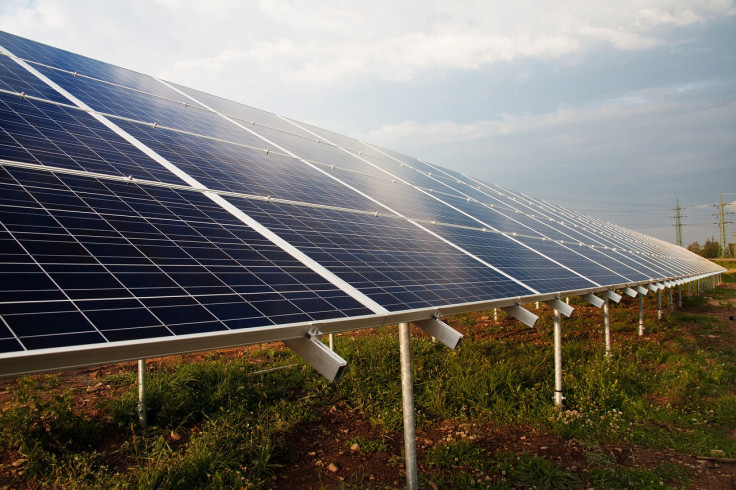How Rowan Energy Is Accelerating Solar Adoption By Increasing Homeowner Incentives And Reducing Payback Times
Countries across the globe are steadily researching how they can decrease their carbon footprint when generating and consuming energy. While solar panels, wind turbines, and batteries have all hit the market for consumers to utilise, most homeowners are hesitant about the investment they must make to go green. Many of them genuinely care about the environment, but only some homeowners can afford to spend thousands on solar panels that take decades for them to see a return on investment.

According to a 2018 report in the UK, 32% of Brits said they would like to install solar panels and home batteries if the government offered more assistance. At the time, the UK government was boasting about ambitious carbon targets, while simultaneously removing incentives that help reach such goals. For example, the feed-in tariff policy that gave residential solar panel owners financial rewards for installation ended in 2019. This decision shifted the narrative of how the UK could reach a more eco-friendly future without governmental support.
While many people disagree with these changes, Rowan Energy is doing something about it. As an energy technology company, Rowan Energy has plans to enable people to exchange energy like a commodity.
The excess power generated by their solar panels can be sold directly to other consumers, peer-to-peer. Rowan Energy hasn't become a full-scale utility company yet, but they plan to make this move soon. For now, CEO and Founder, David Duckworth is celebrating their partnership with the ESE Group, together the companies will be able to offer UK residents access to the Solar Cash Back scheme.
The company has paved the way to success with the production of a new type of smart meter that can do more than simply measure energy generation. The SmartMiner is vastly different from the current methods utility companies use with renewables. Most meters are installed by utility companies and only measure the amount of energy fed into the grid.
Rowan Energy's SmartMiner addresses this problem head-on by producing carbon offset certificates in real-time. The company's proprietary blockchain technology, Rowan Blockchain, makes this possible as it continuously tracks the solar's output of energy and pauses this process if the meter has been tampered with. SmartMiner technology also has the ability to show homeowners where, how, and when energy is produced through their rooftop solar panels.
CEO and Founder, David Duckworth
The SmartMiner is low-powered, allowing it to collect relevant information without creating high emissions. The device counts the energy produced by residential rooftop solar whilst verifying transactions on the company's custom-built Proof of Generation blockchain. In order to validate those transactions, users must have generated a specific amount of renewable energy from their solar panels.
The blockchain network is secured through a cryptocurrency called Rowan Coin, which prevents fraud and gives each transaction value. After installing a SmartMiner on their property, customers can earn Rowan Rewards for producing one kilowatt of clean energy. The company currently pays customers £0.10 for each kilowatt of clean energy they produce and these rewards can be received in addition to the existing ones a solar owner receives, plus customers don't have to switch their energy provider to access these incentives.
Rowan Energy provides homeowners with a significantly lower payback period and higher returns for their purchase of solar technology, making the company skilled at encouraging solar adoption. The payback period indicates how long it will take the panels to pay for themselves and this metric is a driving factor of whether people will purchase solar panels or not.
Duckworth plans for his peer-to-peer energy trading model to match supply and demand for energy. The system will connect nearby consumers in need of energy to other users who are ready to sell, ensuring that no one goes without the power they need.
Once Rowan Energy becomes a decentralised utility company, they plan to provide customers with higher incentives than competitors. Duckworth explains how this system will work:
"Rowan Energy's blockchain-enabled products will revolutionise the current energy landscape," says Duckworth, "Our business will create decentralised networks for energy production and consumption, giving customers a specific guarantee for more affordable energy costs. In my mind, I imagine the price to be at least 20% below the national average. Not only will Rowan Energy encourage the use of solar in residential settings, but we'll ensure that people receive real benefits from making a change, which is something I think they deserve. Ultimately, this kind of system is vital for driving solar adoption in the UK."
As energy needs soar and climate change worsens, other utility providers will have to find better ways to convince consumers to go green. It may be possible to do so without incentives, but increased living costs should push industry leaders to consider trying a new approach.





















